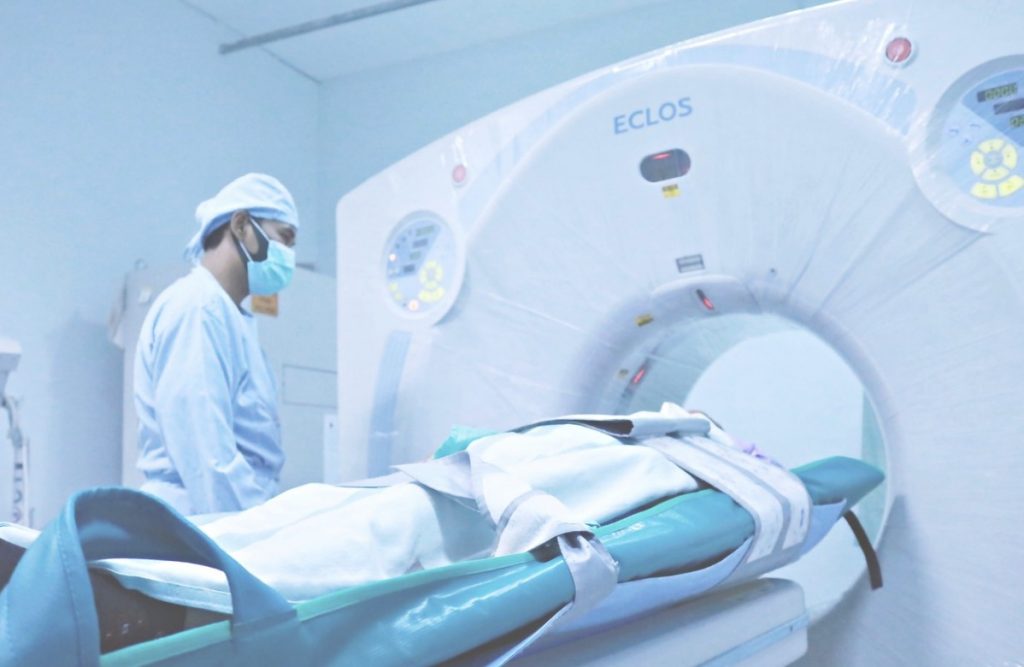The integration of advanced technology is crucial for enhancing patient care and operational efficiency. Radiology Information Systems (RIS) have become indispensable tools in managing radiological data and streamlining workflows within medical facilities. These systems not only facilitate the efficient storage and retrieval of imaging results but also improve communication among healthcare providers and enhance patient experiences. In this blog, we will explore six compelling reasons why RIS are essential in modern healthcare, from their role in reducing errors to their contribution to better patient outcomes. Join us as we delve into how RIS can transform the radiology department and support the broader goals of healthcare providers.
Improved Workflow Efficienc
One of the most significant advantages of Radiology Information Systems (RIS) is their ability to enhance workflow efficiency within healthcare facilities. By automating many routine tasks, such as scheduling appointments, tracking patient information, and managing imaging orders, RIS reduces the administrative burden on medical staff. The team behind AbbaDox says that this streamlined flow not only minimizes the time healthcare professionals spend on paperwork but also allows them to focus more on patient care. The integration of RIS with other healthcare systems, such as Electronic Health Records (EHR), facilitates seamless information exchange, ensuring that each team member has access to the necessary data at their fingertips. As a result, this interconnectedness leads to faster turnaround times for imaging results, improved accuracy in diagnoses, and ultimately a more efficient healthcare service overall.
Enhanced Data Management
Radiology Information Systems (RIS) significantly improve data management by providing a centralized repository for all radiological information. This feature not only supports the systematic organization of patient records and imaging data but also enhances data retrieval speed and accuracy. With RIS, healthcare providers can easily access and share critical imaging results across departments, which minimizes the risk of data loss and ensures that patients receive timely diagnostics. Additionally, the analytic capabilities of RIS enable organizations to monitor trends, track performance metrics, and generate reports that inform clinical decisions and operational strategies.
Reduced Human Error
Another critical advantage of Radiology Information Systems (RIS) is their capacity to significantly reduce human error in the processing and management of radiological data. Manual data entry and paper-based systems are prone to mistakes, which can lead to misdiagnoses, delayed treatments, and compromised patient safety. By automating key processes, RIS minimizes the likelihood of errors associated with manual handling, such as inaccuracies in patient information or misinterpretation of imaging orders. The built-in checks and balances within RIS—like alerts for inconsistent data or missing information—ensure that healthcare providers are equipped with accurate and comprehensive data.
Better Communication
Effective communication is paramount in healthcare, and Radiology Information Systems (RIS) significantly enhance this aspect by fostering clear and efficient dialogue among healthcare professionals. With RIS, radiologists, technicians, and referring physicians can interact seamlessly through a shared platform, ensuring that critical information about patient imaging studies is readily available. This real-time communication eliminates the barriers often encountered in traditional methods, such as faxing or physical record transfers.
The ability to annotate images and secure messaging features within RIS enables collaborative discussions around specific cases, promoting a team-based approach to patient care. By improving communication channels, RIS not only supports better clinical decision-making but also contributes to building trust and transparency between healthcare providers and patients, ultimately leading to improved health outcomes.

Improved Patient Experience
Radiology Information Systems (RIS) play a crucial role in enhancing the overall patient experience within healthcare settings. By streamlining appointment scheduling and reducing wait times, RIS enables patients to receive timely imaging services, which alleviates anxiety and uncertainty during their healthcare journey.
The access to real-time updates on imaging results through patient portals allows individuals to stay informed about their health, fostering a sense of empowerment and involvement in their care. The seamless integration of RIS with other healthcare systems ensures that patients’ medical histories and preferences are well-documented, allowing for tailored care that meets their unique needs. Ultimately, the improved efficiency and communication facilitated by RIS contribute to a more positive and patient-centered experience, reinforcing trust and satisfaction in the healthcare system.
Support for Regulatory Compliance
Radiology Information Systems (RIS) are vital in ensuring that healthcare facilities maintain compliance with various regulatory standards and policies. With stringent regulations governing patient data security, privacy, and imaging practices, RIS assists healthcare providers in adhering to frameworks such as the Health Insurance Portability and Accountability Act (HIPAA) and the Joint Commission standards. These systems incorporate security features like user authentication, data encryption, and audit trails, which help safeguard sensitive patient information and ensure that access is strictly controlled. RIS can facilitate adherence to reporting requirements by generating automatic logs and documentation needed for audits and evaluations.
Radiology Information Systems (RIS) are essential pillars of modern healthcare, significantly contributing to improved efficiency, data management, communication, patient experience, and regulatory compliance. By automating routine processes and providing a centralized platform for information sharing, RIS empowers healthcare providers to deliver timely and accurate patient care while ensuring the safety and security of sensitive data. As healthcare continues to evolve, the adoption and integration of RIS will be vital in enhancing the overall quality of care and meeting the increasingly complex demands of the medical landscape. Investing in these systems is not just about technology; it’s about fostering a healthcare environment that prioritizes patient well-being and operational excellence.


0 Comments